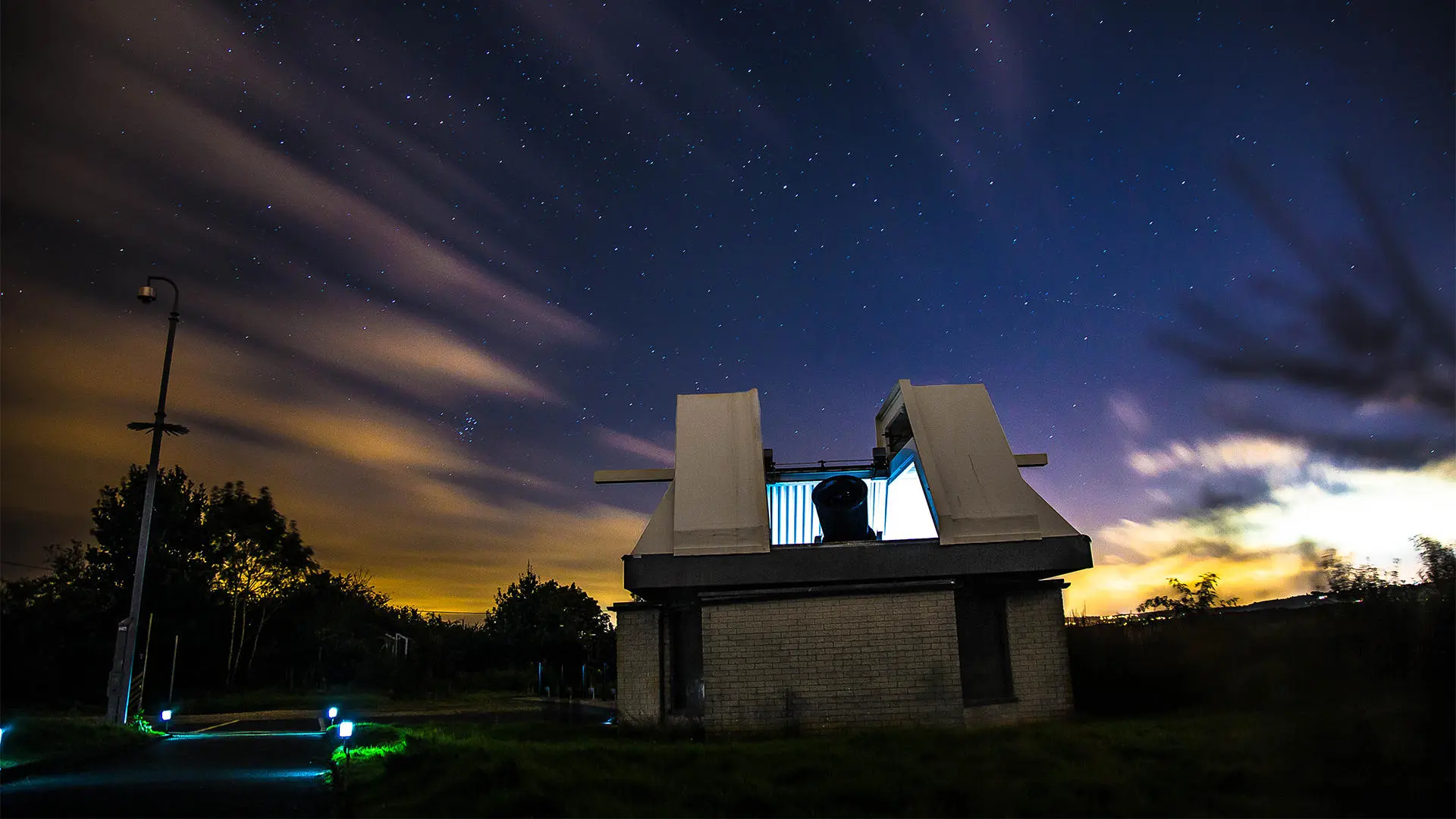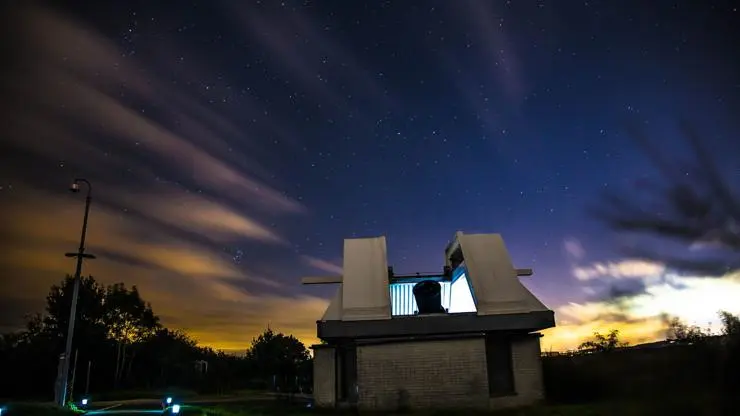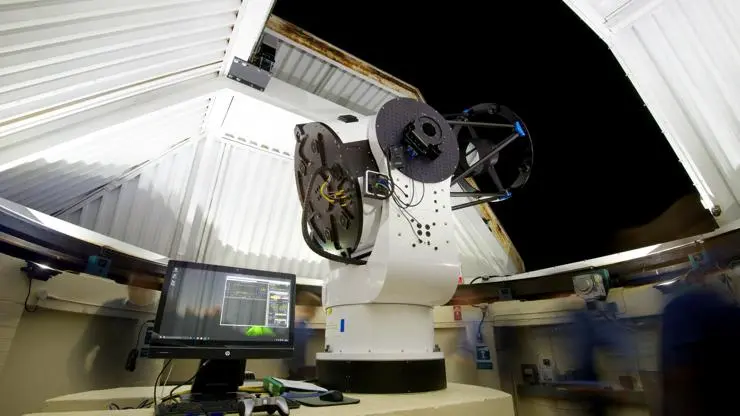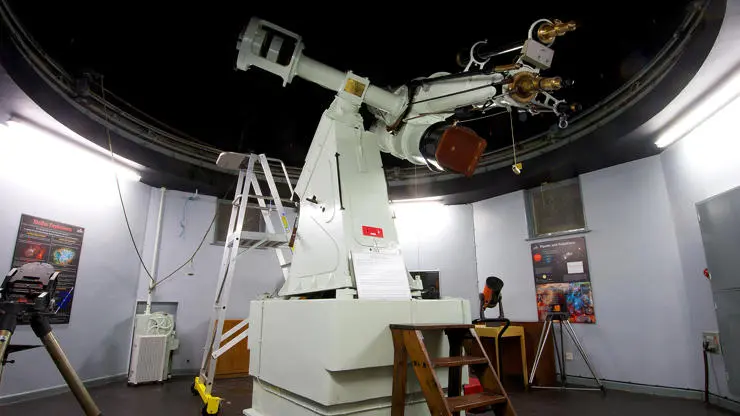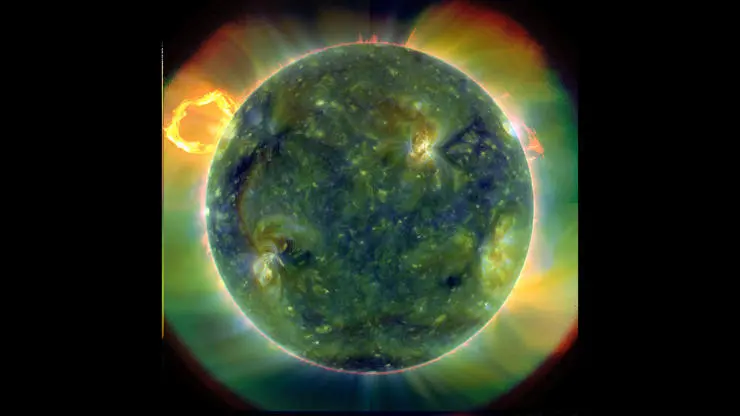We offer an exciting online learning programme of university courses and degrees in astronomy, cosmology, astrobiology and a wide range of other fascinating subjects.
Why study with us
- We are ranked 1st for academic support and 6th for overall positivity in the UK in the National Student Survey 2023 (compared with unis in the Guardian University Guide).
- We offer the UK’s first and only distance-learning single subject Astronomy degree, all taught by some of the world’s leading experts.
- Study at your own pace – you can choose how many modules you study each year, and even take an optional weekend course at our Alston Observatory.
Course types
Astronomy careers
Our courses enable exploration of passions and enhance careers with scientific skills. While many study the subject to indulge a personal interest, it’s also helped enhance professional prospects. For many of our graduates, this course has been a foundation to build upon with further study at postgraduate level. For example, one of our graduates went on to achieve a master’s degree before working on a PhD in Astronomy in South Africa.
Studying Astronomy could lead to a career as a:
- Astronomer
- Astrophysicist
- Aerospace researcher
- Aerospace developer
- Aeronautical engineer
- Meteorologist
- Climatologist
- Physicist
Explore the facilities
The Alston Observatory is the purpose-built teaching and public outreach facility of the Jeremiah Horrocks Institute including a teaching room with Discovery Dome planetarium system. Our centrepiece is the Moses Holden Telescope, a 70 cm diameter state-of-the-art robotic telescope used for both undergraduate teaching and to encourage public engagement in science. On-campus and online learning students use its observations for final year projects.
Meet the team
Take the next step

Study a degree at UCLan
Interested in studying a degree with us? From exploring accommodation to visiting us at an Open Day, find out everything you need to know about life at UCLan.

